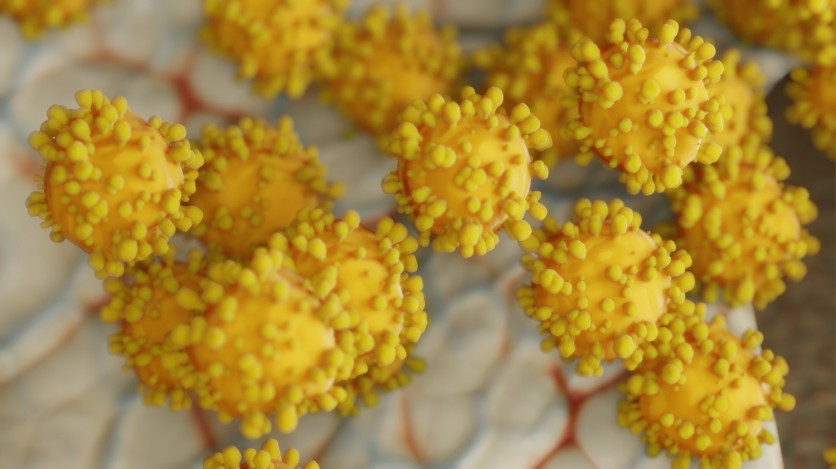Until now, scientists are still trying to understand COVID-19 fully to help ensure people's safety. A new study suggests that popular indigestion and heartburn drugs could increase the risks of getting coronavirus infection.

Higher Risk of COVID-19 Infection
In a Daily Mail report, the team of researchers was led by scientists from Cedars-Sinai Medical Center in Los Angeles, California.
According to the researchers, they have found out that those who take proton pump inhibitors (PPIs), best known as the brands Nexium and Prilosec, have significantly increased their risk of getting COVID-19 positive those who don't take the medication.
Furthermore, those who take it twice a day, as opposed to once daily, have an even higher risk.
PPIs are used to prevent ulcers from happening, as well as healing ulcers that have already formed and treating heartburns and acid reflux, which is why these are great heartburn and indigestion medications.
It does the work by blocking an enzyme in the stomach that produces acid.
Based on the data acquired by the researchers, around 15 million adult Americans take PPIs each year to treat their gastrointestinal problems.
How These Medications Affect People
But how does this affect a person's chance of getting COVID-19?
"We developed this hypothesis at the beginning of the COVID-19 pandemic when we started to see a high incidence of GI symptoms and learned that the virus sheds into saliva, and thus can be swallowed into the stomach," said Dr. Christopher Almario, assistant professor of medicine in Cedars-Sinai Medical Center.
The study, which was published in the pre-print form of the American Journal of Gastroenterology, details how the team observed 53,130 patients from May 3 to June 24.
Of the 50,000 participants, 6.4% or 3,386 were tested positive for COVID-19, with 647 of them reporting new symptoms like vomiting, nausea, abdominal pain, and diarrhea.
The team concluded that those who take PPIs once a day is 2.15 times more at risk of developing COVID-19 compared to those who don't, and those who take the drugs twice a day are 3.7 times more likely to test positive.
Nevertheless, the researchers could not see the same risks for those who take H2 blockers like Pepcid AC or Zantac, which works by reducing the level of acid that the stomach produces.
A Reminder From the Researchers
According to Dr. Brenan Spiegel, the co-Editor-in-Chief of the journal, there is a reason why there is an acid in our stomach: it is responsible for killing pathogens before they could enter our digestive tract.
"Coronaviruses are easily destroyed at a gastric pH of less than 3, but survive in a more neutral pH, including the range created by drugs like omeprazole and esomeprazole," Spiegel further explained.
Based on the study, people are more likely to test positive for COVID-19 as the drugs lower acid production of our stomach, which could most likely kill coronavirus, making the virus thrive within our system and hijack healthy cells in our body.
Nevertheless, the team discourages people from stopping their intake of these drugs without consulting their doctors first.
ⓒ 2026 TECHTIMES.com All rights reserved. Do not reproduce without permission.




